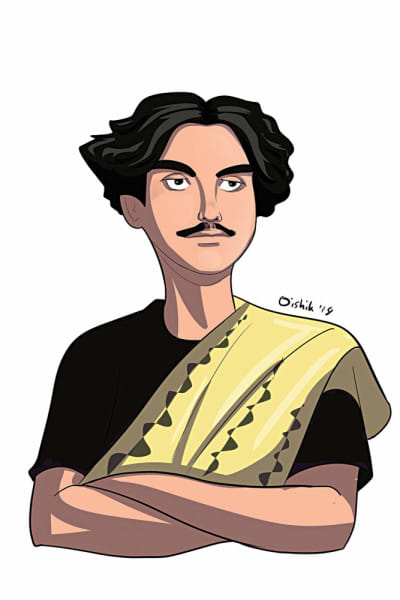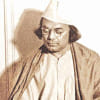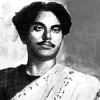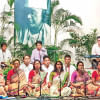Remembering the legacy of the Bidrohi Kobi

Today marks the 120th birth anniversary of National Poet Kazi Nazrul Islam. He produced a large body of poetry and music with themes that included religious devotion and rebellion against oppression. Nazrul’s activism for political and social justice earned him the title of ‘Bidrohi Kobi’ (Rebel Poet).
Born in a Muslim Taluqdar family, Nazrul received religious education and as a young man, worked as a muezzin at a local mosque. He learned about poetry, drama, and literature while working with the rural theatrical group, Letor Dal. He joined the British Indian Army in 1917. After serving in the British Indian Army in the Middle East (Mesopotamian campaign) during World War I, Nazrul established himself as a journalist in Kolkata. He criticised the British Raj and called for revolution through his poetic works, such as Bidrohi and Bhangar Gaan as well as in his publication, Dhumketu.
Nazrul’s writings explored themes such as freedom, humanity, love, and revolution. He opposed all forms of bigotry and fundamentalism, including religious, caste-based and gender-based. Nazrul wrote short stories, novels, and essays but is best known for his songs and poems. He profusely enriched ghazals in the Bengali language. He was awarded an Honorary D Litt by the University of Dhaka in 1974 and in 1976, he was awarded the Ekushey Padak. Many centres of learning and culture in Bangladesh and India are founded and dedicated to his memory. Nazrul was awarded the Jagattarini Gold Medal in 1945 – the highest honour for work in Bengali literature by the University of Calcutta – and the Padma Bhushan in 1960.

 For all latest news, follow The Daily Star's Google News channel.
For all latest news, follow The Daily Star's Google News channel. 








Comments